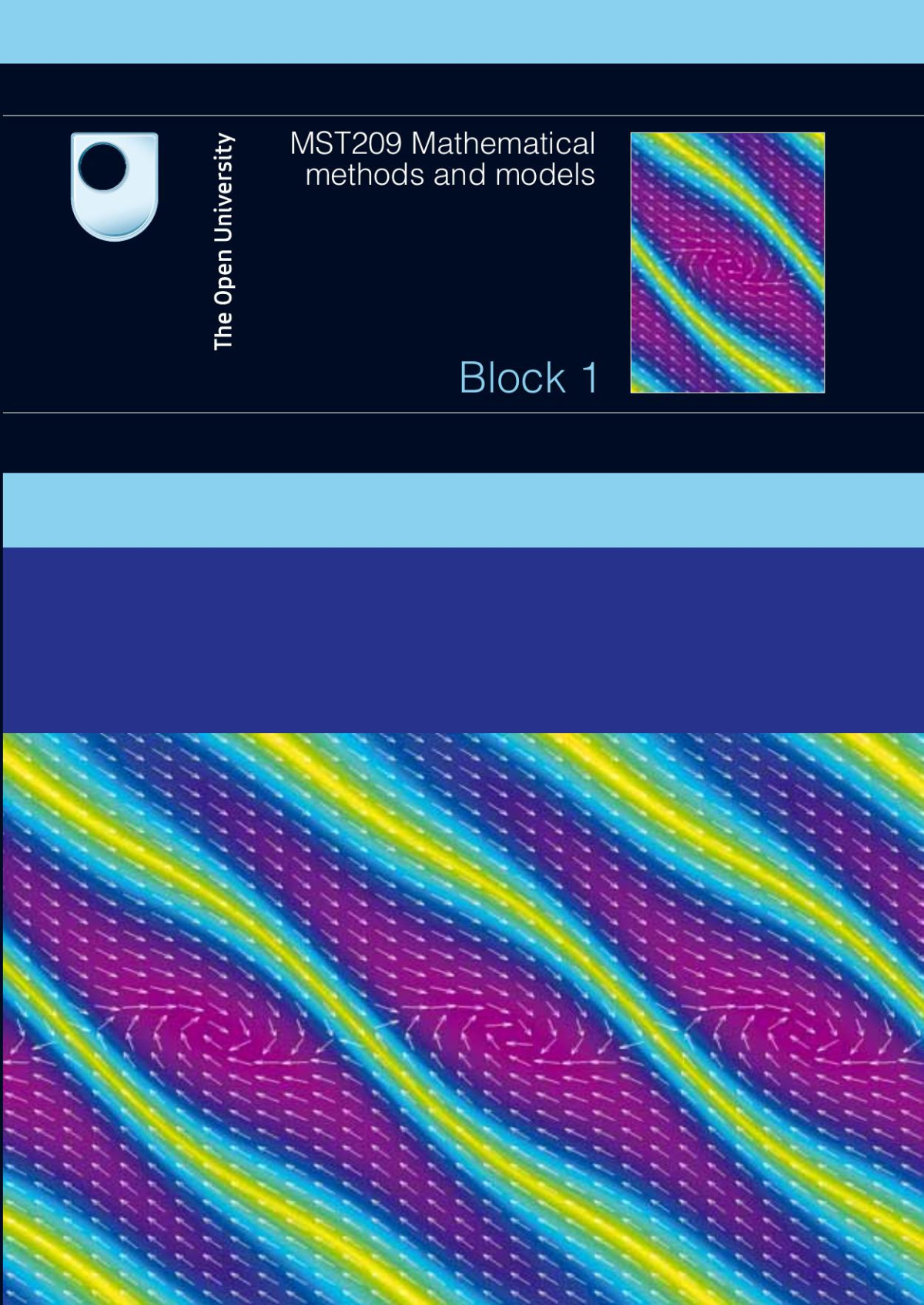

Most ebook files are in PDF format, so you can easily read them using various software such as Foxit Reader or directly on the Google Chrome browser.
Some ebook files are released by publishers in other formats such as .awz, .mobi, .epub, .fb2, etc. You may need to install specific software to read these formats on mobile/PC, such as Calibre.
Please read the tutorial at this link: https://ebookbell.com/faq
We offer FREE conversion to the popular formats you request; however, this may take some time. Therefore, right after payment, please email us, and we will try to provide the service as quickly as possible.
For some exceptional file formats or broken links (if any), please refrain from opening any disputes. Instead, email us first, and we will try to assist within a maximum of 6 hours.
EbookBell Team

0.0
0 reviewsUnit 1 Getting Started
This unit focuses mainly on mathematical techniques, but also covers some examples involving skills in the application of mathematics.
Unit 2 First-order Differential EquationsThis unit considers in detail how a differential equation arises in a mathematical model with basic definitions and terminology associated with differential equations and their solutions.
Unit 3 Second-order Differential EquationsThis unit considers second-order differential equations, that is, differential equations that involve a second (but no higher) derivative.
Unit 4 Vector AlgebraWe often need to represent physical quantities such as mass, force, velocity, acceleration, time, etc., mathematically. Most of the physical quantities that we need can be classified into two types: scalars and vectors. This unit defines a vector and discusses ways of representing vectors in two and three (or more) dimensions. Also considered are ways of operating on and combining vectors - that is, they provide the fundamentals of vector algebra.